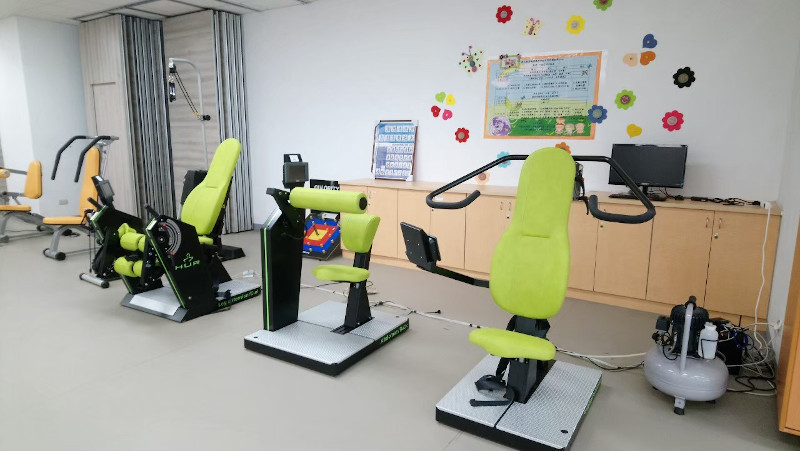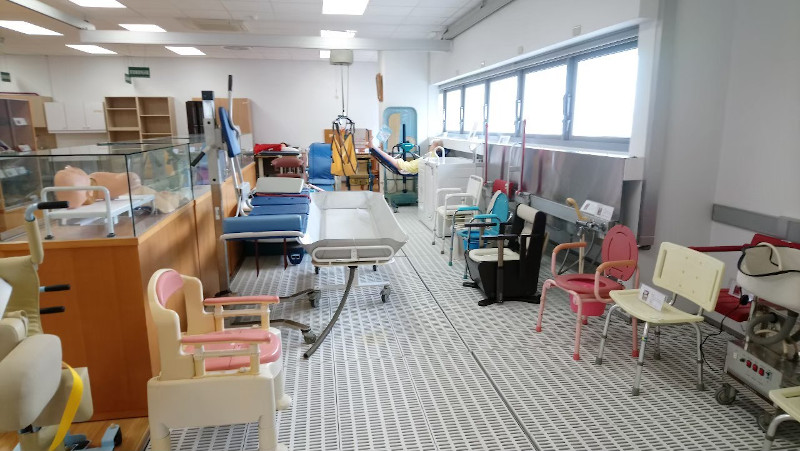Introduction to The School
National Tainan Junior College of Nursing
Introduction
National Tainan Junior College of Nursing (NTIN) was founded in June 1952. The college currently consists of three departments: Nursing, Applied Cosmetology, and Senior Citizen Services. In addition to its team of excellent and qualified faculty members, the college provides outstanding facilities, high-quality teaching equipment, and a comprehensive e-learning environment for students. Guided by its motto, “Honesty, Charity, Diligence, and Responsibility,” the college has nurtured numerous talented students who have contributed to society for decades. Situated in the heart of the culturally rich ancient capital, approximately 700 meters from Tainan Railway Station, the college is easily accessible by public transportation. Its central location offers students convenient access to the city’s traditional art and cultural experiences.
*Remarks: The English name of our school has been amended as NTJCN since 2013, but because of the habit of using NTIN in previous years, the abbreviation of NTIN still continue to be used.
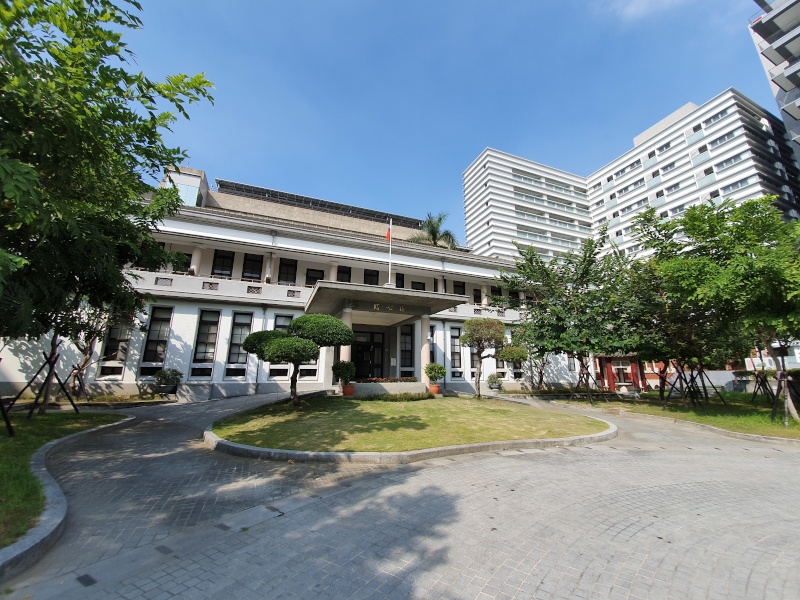

can be passed on from teachers to students and generation to generation.
Aims of Education
- Educating students to respect life and show care for individuals
- Training students to undertake professional responsibilities and uphold professional ethics
- Enabling students to apply objective thinking in problem-solving
- Cultivating students’ self-directed learning attitude and global perspective
Educational Programs
- 5-year junior college for junior high school graduates (All departments)
- 2-year junior college for senior high school graduates (Department of Applied Cosmetology ; Department of Senior Citizen Services)
Current President
Prof. Huang Mei-Chih, the president of NTIN, holds a Ph.D. in Nursing Science from the University of Washington. With her extensive administrative experience and long-standing dedication to high-quality professional nursing, President Huang is committed to leading National Tainan Junior College of Nursing to new heights.
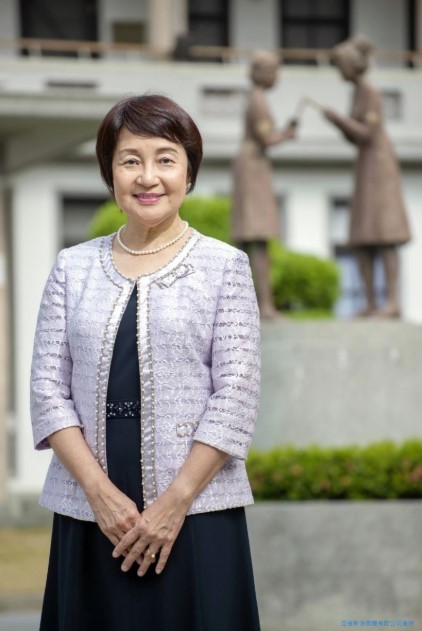
Department of Nursing
The Nursing Department’s curriculum is rich and diverse, encompassing both general education and professional subjects. In addition to classroom-based instruction, the core nursing curriculum enhances students’ practical skills and includes off-campus clinical internships to strengthen hands-on experience. By integrating core courses with service-learning, NTIN’s nursing program offers various clinical experiences and fosters students’ competence in caring, communication, collaboration, and innovation. Moreover, the curriculum emphasizes English learning to enhance students’ global competitiveness. Each year, 90% of NTIN’s nursing students pass the Senior Professional and Technical Examination for Nurses, ranking first among junior colleges in Taiwan.
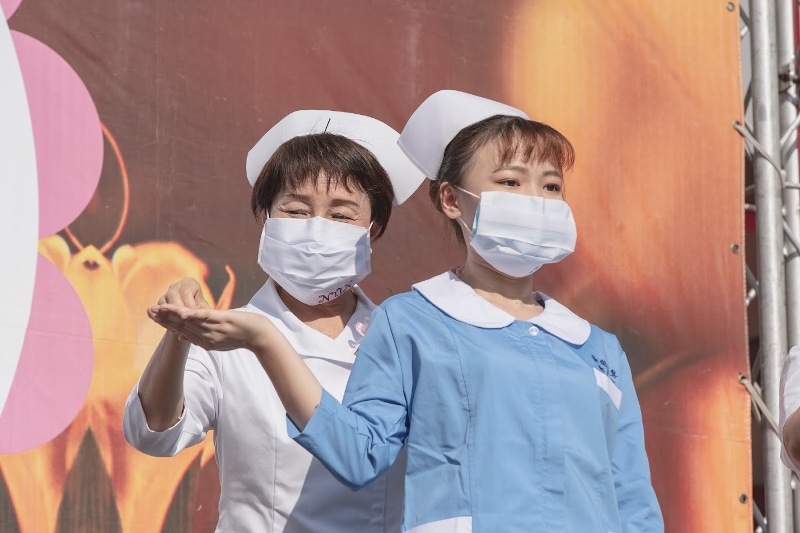
The department is well-equipped with professional facilities, including the Basic Medical Science Teaching Center, Nursing Skills Classroom, Health Assessment Skills Classroom, Objective Structured Clinical Examination (OSCE) Center, Maternity Education Center, Clinical Skills Center, and Psychiatric and Mental Health Teaching Center. These facilities provide a high-quality professional learning environment supported by academic networks.
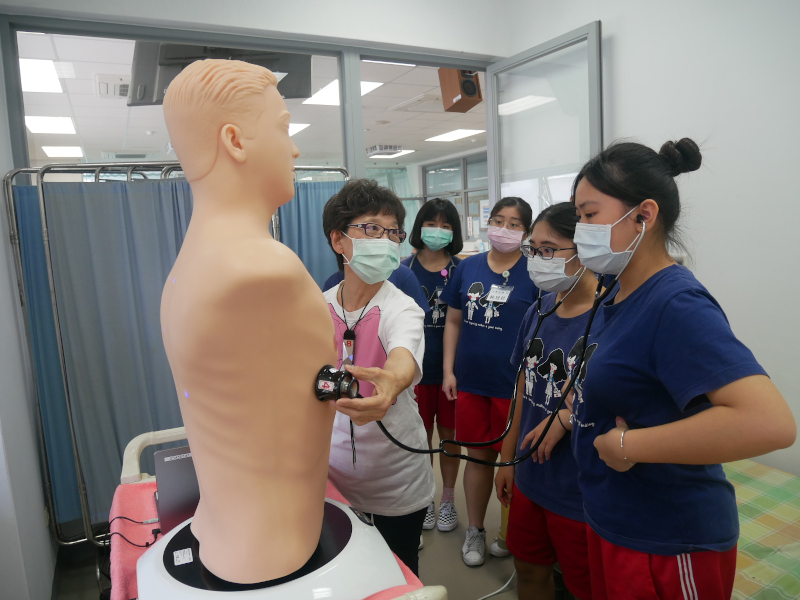
For career development, students may pursue positions as nursing staff in domestic or international medical institutions or nursing homes. They may also explore health-related fields such as healthcare and health promotion. For further education, students are eligible to take entrance examinations for two-year senior colleges or universities offering programs in nursing, midwifery, health nutrition, respiratory therapy, public health, and biotechnology.
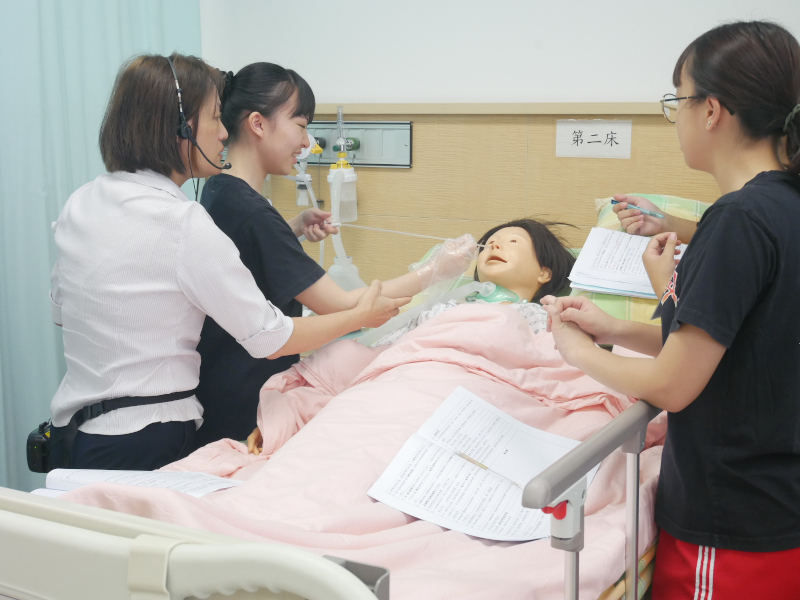
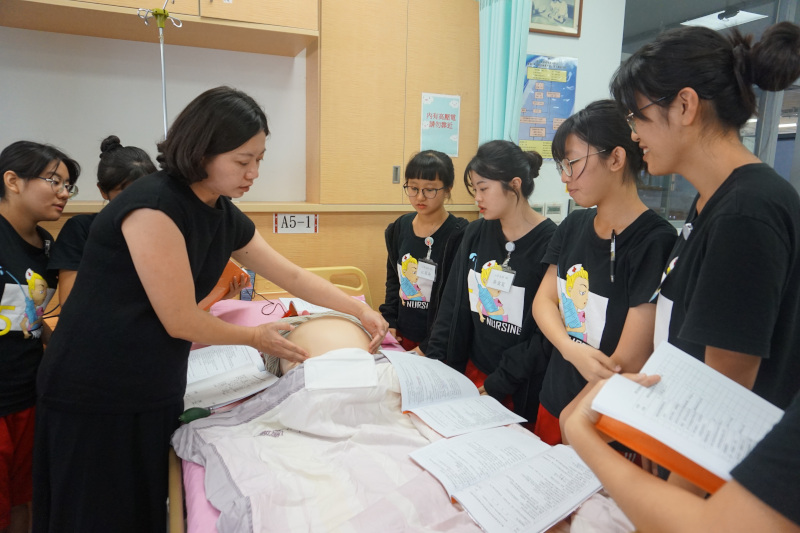
Department of Applied Cosmetology
As the only national-level cosmetics-related department in Taiwan, the Department of Applied Cosmetology offers a curriculum designed to meet diverse professional needs. The program’s course content includes cosmetic technology, beauty treatments, and make-up skills. To enhance students' global competitiveness, the department provides courses with international perspectives, such as Introduction to World Geography, foreign language studies (Japanese and English), and international cosmetics practices and projects with clearly defined objectives.
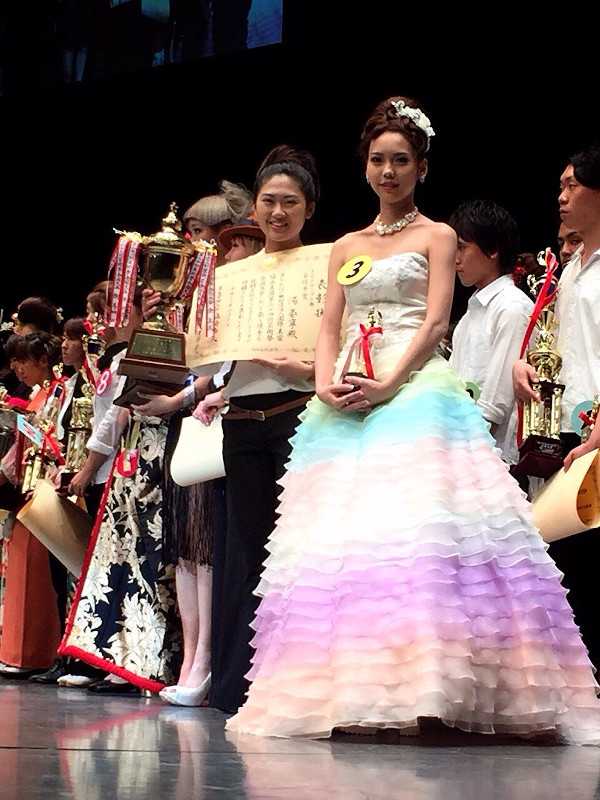
International Bridal Banquet Make-up Competition
To strengthen the link between theory and practice, the department adopts a collaborative teaching approach by engaging industry professionals to enrich students’ learning experiences.
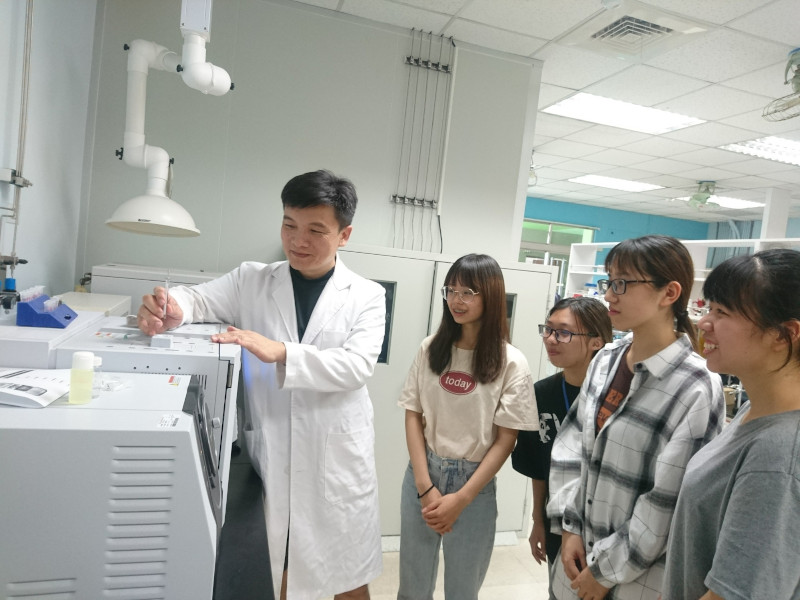
The department houses two buildings equipped with state-of-the-art facilities, and all classrooms are fully equipped with digital-based teaching tools. Specialized technical classrooms include the Chemical and Cosmetics Preparation Laboratory, Precision Equipment Room, Good Manufacturing Practice (GMP) Practice Factory, Raw Material Research and Development Center, Functional Assessment Room, Professional Studio, and dedicated classrooms for make-up, skin care/body care, overall styling, and nail salon. These infrastructural amenities provide students with an optimal learning environment.
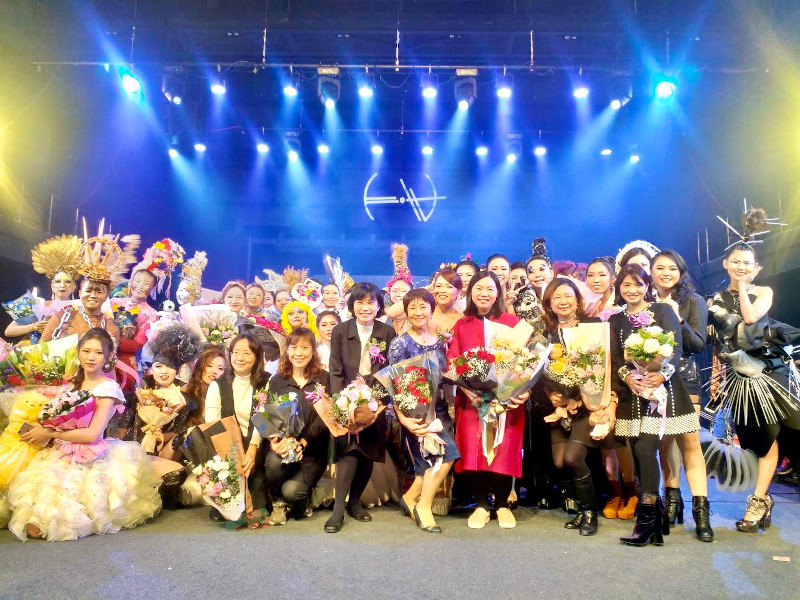
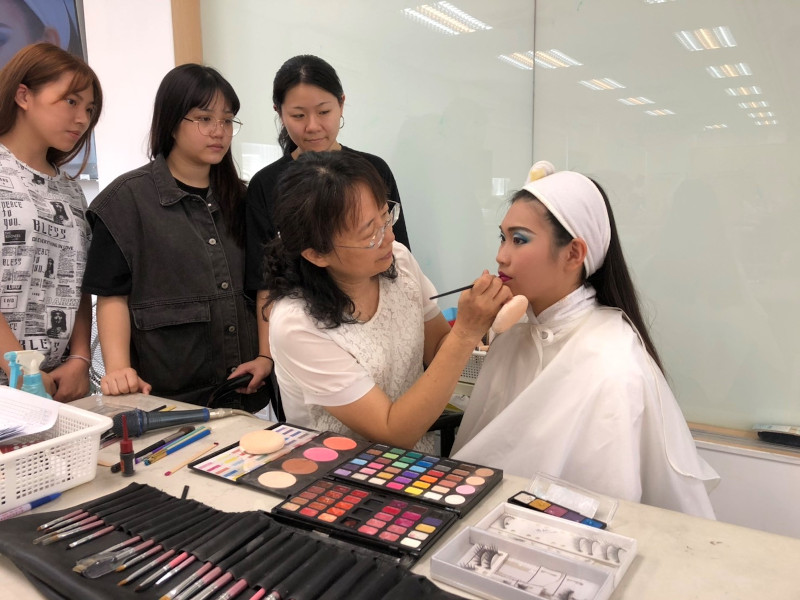
Department of Senior Citizen Services
This department integrates the values of love, care, creativity, and courage into its curriculum to cultivate students who can become pioneers in the elderly care and service industry of the 21st century. The curriculum is centered on caregiving and encompasses three major areas: daily care, long-term care, and hospice services for the elderly. It combines theoretical instruction with practical training through the guidance of experienced professional faculty and comprehensive teaching facilities. Additionally, a variety of elective courses are offered to support students’ personal growth.
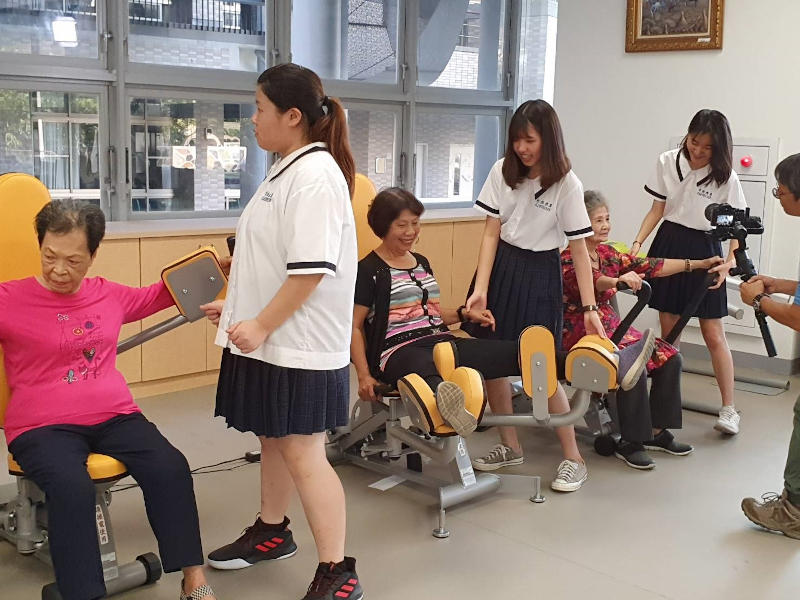
The department is equipped with a distance care service system, an elderly care teaching center, a day care teaching and practice center, and a long-term care professional classroom, providing students with an optimal learning environment.
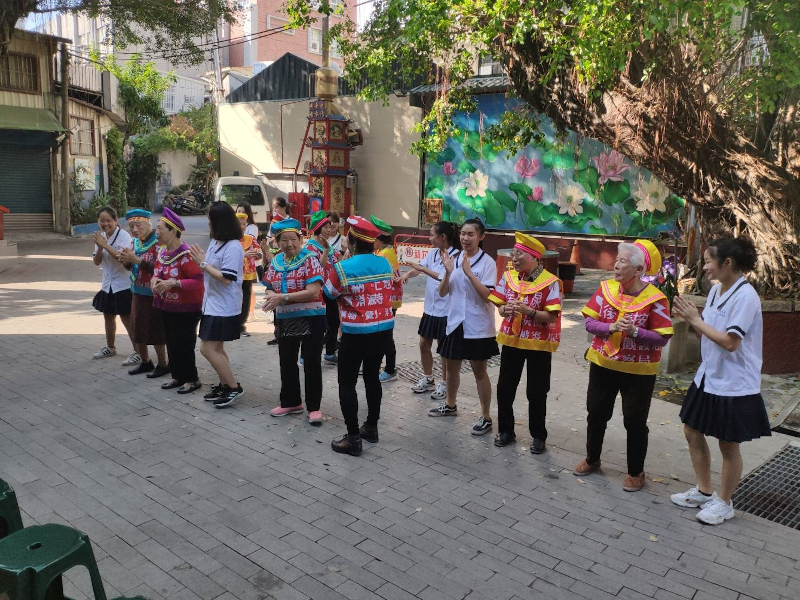
The aim of the department is to align the curriculum with career development and to cultivate students into professionals capable of delivering life-long services. It also enables students to obtain national professional certifications and develop professional competence across various fields.
